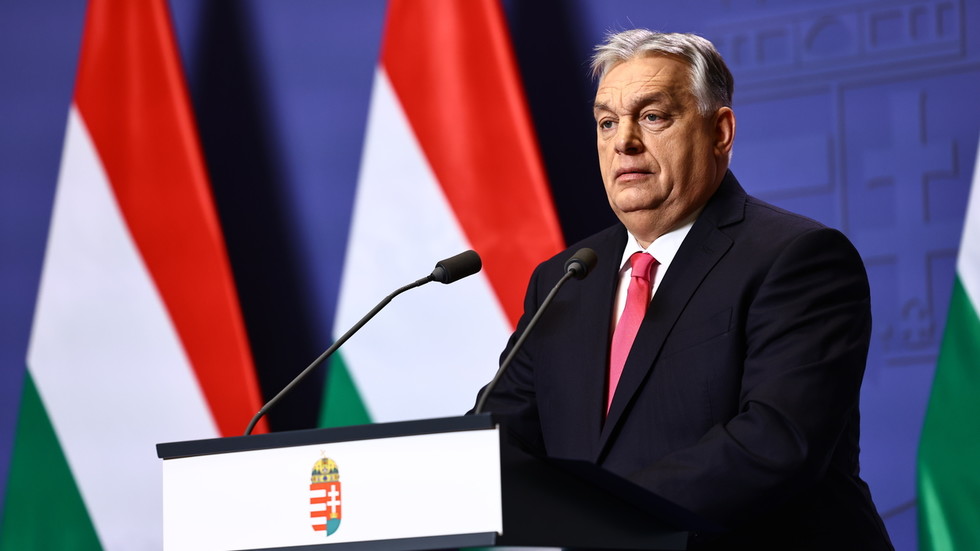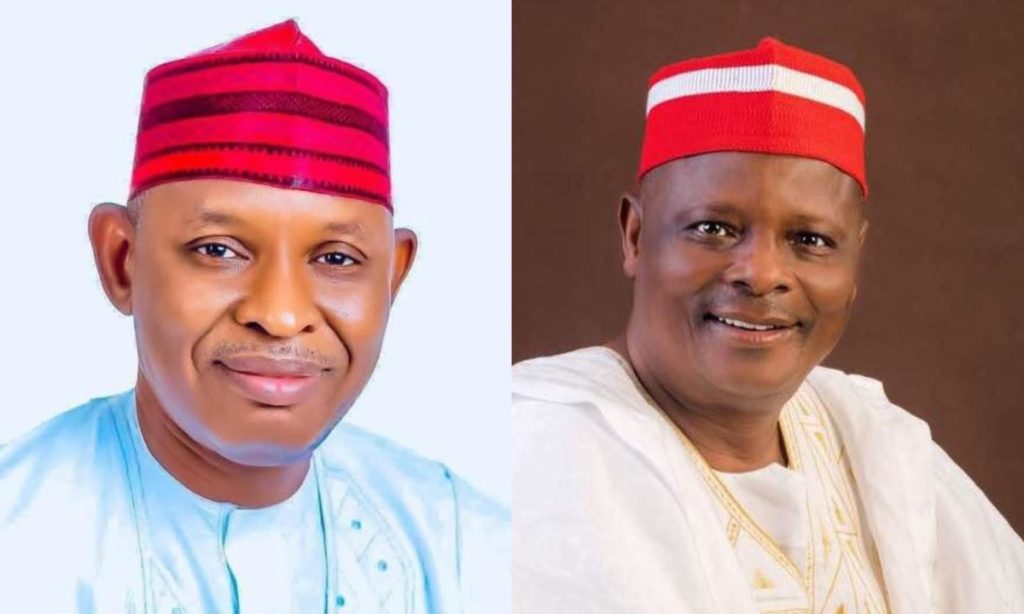Namibia’s decision to declare a public holiday for regional council and local authority elections has sparked criticism from various political parties. President Netumbo Nandi-Ndaitwah announced that November 26 would be a public holiday, allowing approximately one million eligible voters to participate in the polls. This move is consistent with the country’s practice of declaring election days as public holidays since 2014.
However, some politicians have expressed concerns that this decision could further strain Namibia’s economy. Kalimbo Iipumbu, a parliamentarian from the Namibia Economic Freedom Fighters, described the move as “awkward” given the country’s high poverty rates. He argued that closing businesses to facilitate voting could have negative economic consequences and that the government should prioritize supporting business owners who provide essential services to citizens.
Iipumbu’s party does not support the president’s decision, citing the need to prioritize the well-being of Namibians who are struggling to make ends meet. He emphasized that while elections are important, the government should not forget the daily struggles of its citizens. According to Iipumbu, voters are often encouraged to participate in elections but are subsequently neglected, and the government should focus on addressing poverty and hunger rather than declaring public holidays.
In contrast, Mike Kavekotora, president of the Rally for Democracy and Progress, believes that declaring a public holiday for elections is a good idea, but notes that the government is already observing too many public holidays, which could harm the economy. He warned that this could negatively impact trade and affect numerous businesses.
The debate surrounding the public holiday declaration highlights the challenges faced by Namibia’s economy and the need for the government to balance its priorities. As the country prepares for the upcoming elections, the government must consider the potential consequences of its decisions on the economy and the lives of its citizens. The elections are scheduled to take place on November 26, and the government’s decision to declare a public holiday will likely have significant implications for the country’s economic and political landscape.



